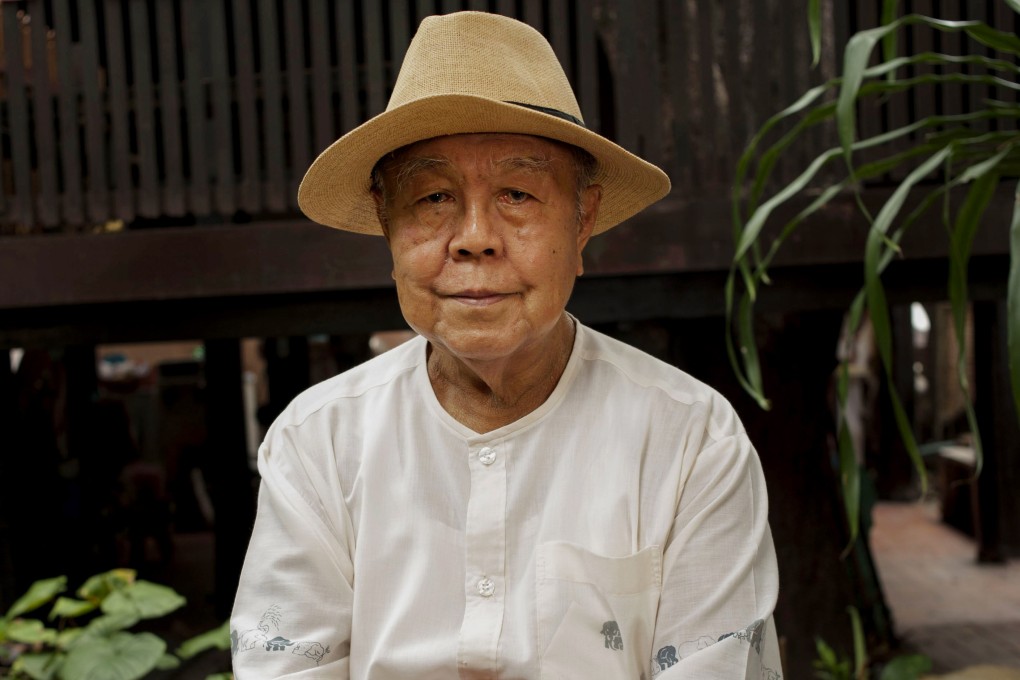How an activist Buddhist convinced Thai king law on insulting monarchy was being abused
- Sulak Sivaraksa, proponent of engaged Buddhism, talks about how an audience with King Maha Vajiralongkorn led to a halt in new lèse-majesté cases in Thailand
- Lèse-majesté, or insulting the monarchy, is punishable by three to 15 years in prison in Thailand

“Sombath is a good friend of mine,” says Sulak, who at the age of 86 remains Thailand’s best-known political gadfly. His long career as a social critic and activist has driven him into exile twice and seen him embroiled in numerous court cases.
Sulak has been campaigning for Laos’ communist government to release Sombath, 67, since his mysterious disappearance. Before he vanished, Sombath was the country’s foremost promoter of community development initiatives, launching numerous grass-roots projects in education, micro-enterprise and eco-friendly farming.

“He served his people wonderfully, training young people to be useful to Laos, and the government responded to his good work by kidnapping him,” Sulak says. Vientiane has repeatedly denied knowledge of Sombath’s whereabouts.
For Sombath, like many social activists in Southeast Asia, Sulak was a mentor.